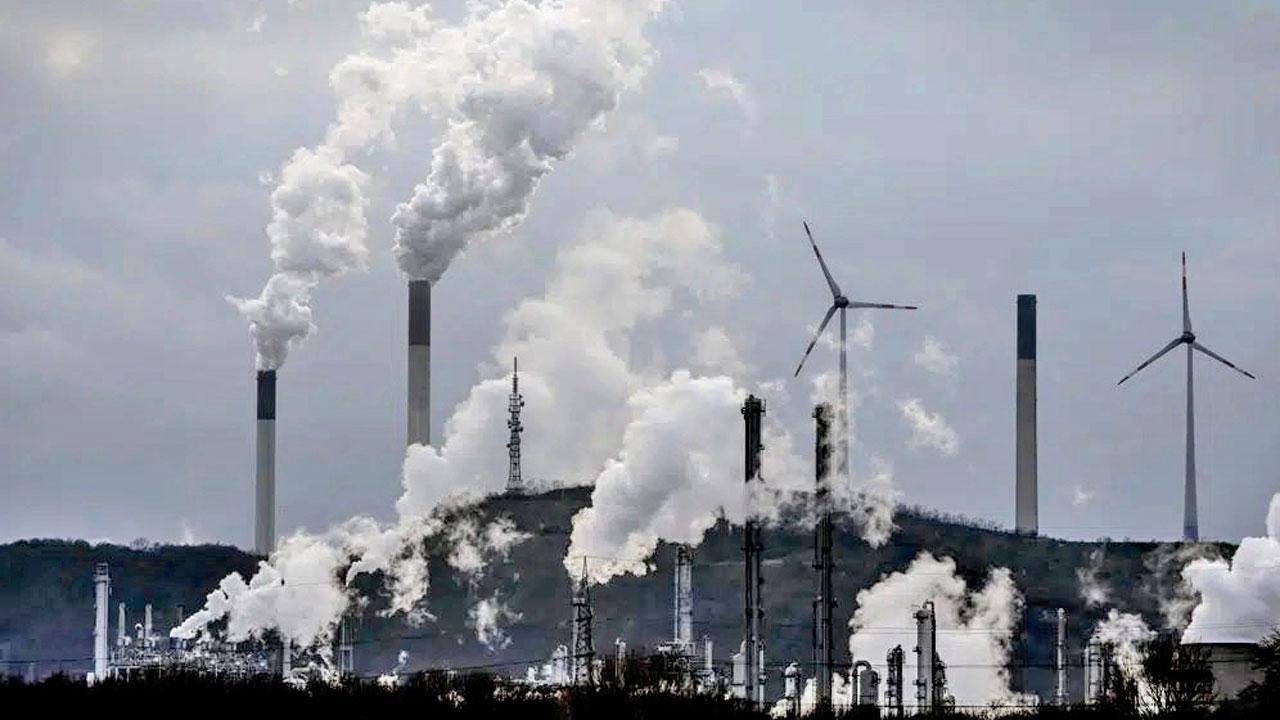Home / News / World News / Article /
World on ‘thin ice’ as UN climate report gives stark warning
Updated On: 21 March, 2023 07:27 AM IST | Berlin | Agencies
The United Nations chief said it more bluntly, calling for an end to new fossil fuel exploration and rich countries quitting coal, oil and gas by 2040

The report provides a sobering reminder that time is running out. Pic/AP
Humanity still has a chance, close to the last one, to prevent the worst of climate change’s future harms, a top United Nations panel of scientists said Monday. But doing so requires quickly slashing carbon pollution and fossil fuel use by nearly two-thirds by 2035, the Intergovernmental Panel on Climate Change said. The United Nations chief said it more bluntly, calling for an end to new fossil fuel exploration and rich countries quitting coal, oil and gas by 2040.
“Humanity is on thin ice — and that ice is melting fast,” UN Secretary-General Antonio Guterres said. “Our world needs climate action on all fronts — everything, everywhere, all at once.” Stepping up his pleas for action on fossil fuels, Guterres not only called for “no new coal” but also for eliminating its use in rich countries by 2030 and poor countries by 2040. He urged carbon-free electricity generation in the developed world by 2035, meaning no gas-fired power plants too.



